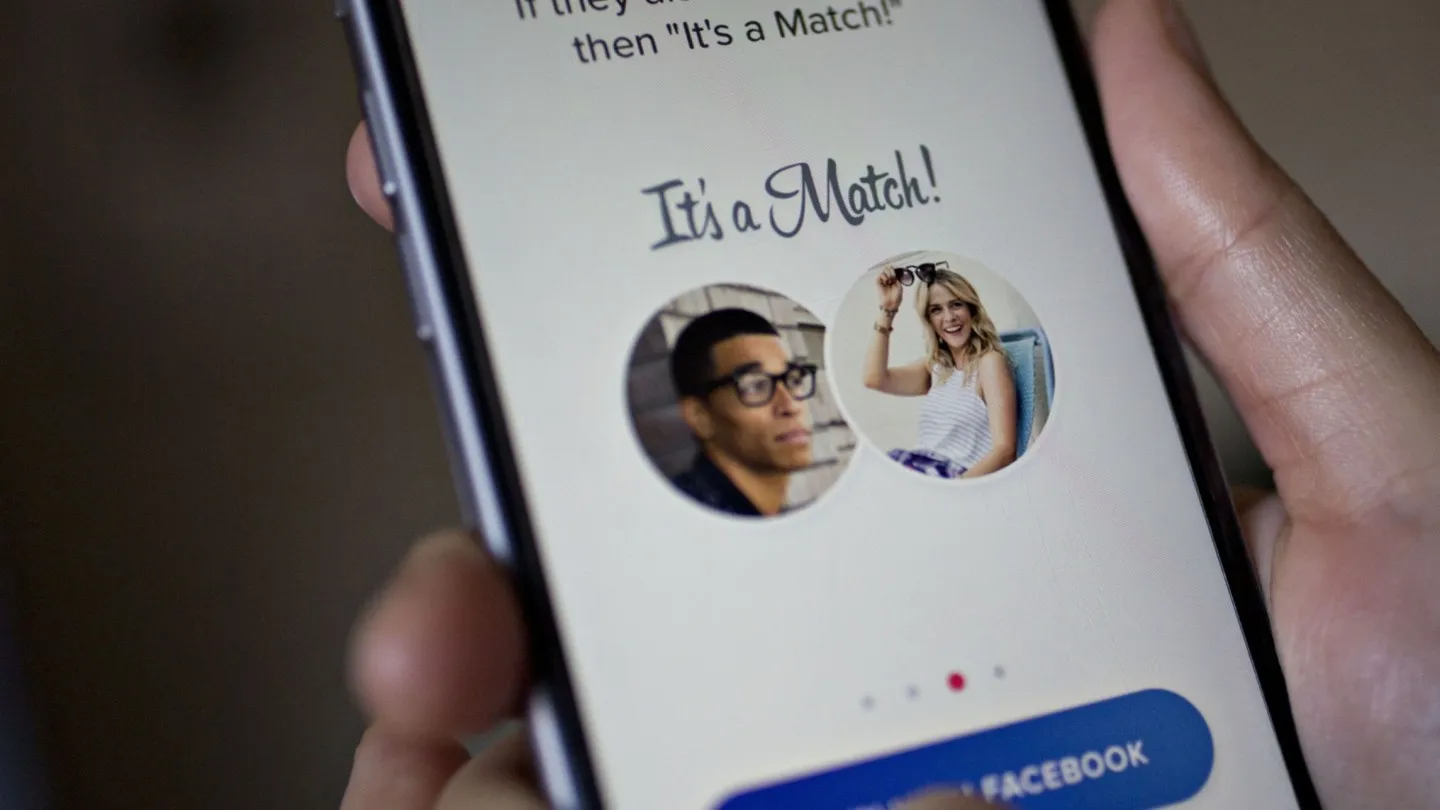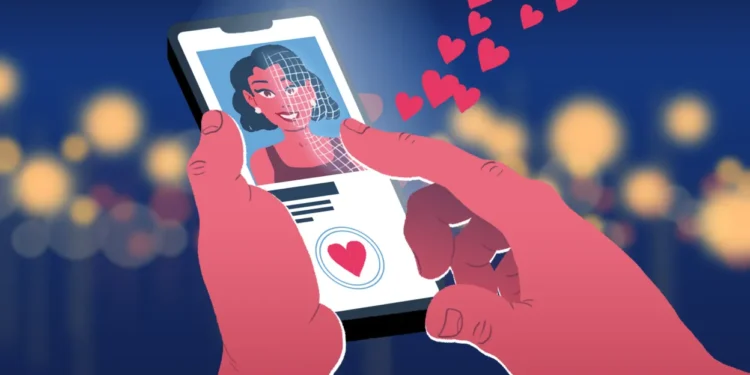In a world where digital fatigue is palpable among swipers and profile writers, Match Group is setting the stage for a major shakeup in online dating. As users grow weary of conventional methods, the introduction of an AI-driven digital assistant by the industry giant promises a new dawn for digital romance.

Streamlining Love with AI
The online dating scene is undergoing a transformation, with Match Group at the helm, steering towards an “AI transformation.” This new phase, as described by Bernard Kim, CEO of Match Group, aims to integrate artificial intelligence across their entire portfolio, which includes popular platforms like Tinder and Hinge. The AI assistant is not merely a feature but a comprehensive tool designed to enhance every aspect of the dating experience—from profile creation to matching and beyond.
Scheduled for launch in March 2025, the yet-to-be-named AI assistant will automate critical dating tasks such as selecting photos and crafting engaging bios, which have traditionally been stumbling blocks for many users. The AI’s capabilities extend to conducting spoken interviews to tailor dating experiences and even suggesting conversation starters based on mutual interests, potentially increasing match quality and user engagement.

Ethical Concerns and Challenges
Gary Swidler, President and CFO of Match Group, emphasizes the efficiency the AI will bring. The technology aims to reduce user effort while improving outcomes by extracting relevant information from profiles and optimizing the matching process. The ultimate goal is to allow users to enjoy better matches with less input, simplifying their journey towards finding a compatible partner.
Despite the decline in app usage reported by an Ofcom study, with a significant subscriber drop in the UK, the Match Group remains optimistic. Their investment in AI is seen as a long-term strategy to rejuvenate user interest and retention by addressing the core issues of dating app fatigue and inefficiency.

Toward a Thoughtful Integration of AI
However, the shift towards AI-assisted dating isn’t without its detractors. Anastasiia Babash, a PhD candidate and junior research fellow at the University of Tartu, voices concerns over the potential for AI to diminish personal agency and genuine human interaction. The dependency on technology, Babash argues, could erode the ability to engage in spontaneous conversations, a cornerstone of building meaningful relationships.
Furthermore, the vast amount of personal data handled by these platforms raises alarms about privacy and security. With AI systems potentially harboring inherent biases, there’s a risk of reinforcing stereotypes or discriminating against individuals based on sensitive attributes like race, gender, or socioeconomic status.










